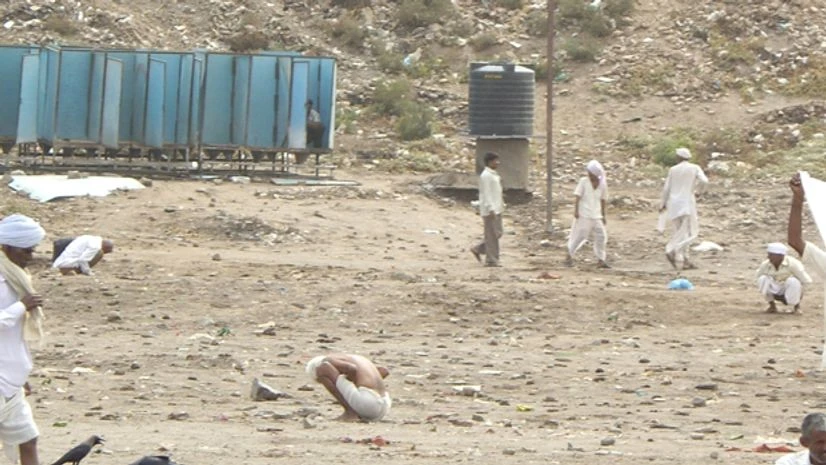Answering nature's call was once a nightmare for Rashida Begum, who had to creep around the jungle for a suitably private spot. Her home had no toilet, like the thousands of others in her crowded cluster of farming villages outside the capital.
In just over a decade, that's all changed, in her neighbourhood and many others.
Through a dogged campaign to build toilets and educate Bangladeshis about the dangers of open defecation, the densely populated South Asian nation has managed to reduce the number of people who defecate in the open to just 1% of the 166 million population, according to the government, down from 42% in 2003.
"Once it was our habit to go to the fields or jungles. Now, it is shameful to us," Begum said in Bormi, a cluster of poor farming villages just outside Dhaka, the capital. "Even our children do not defecate openly anymore. We do not need to ask them; they do it on their own," Begum added.
Bangladesh's success in sanitation, which is something so far unattained by its wealthier neighbour to the south, India, came from a dogged campaign supported by 25% of the country's overall development budget.
Also Read
"The government has made a huge commitment," said Akramul Islam, director for water, sanitation and hygiene of the development NGO Brac. "The government decided that funds should go to the extreme poor who do not have latrines. So that basically gives a big push from the public sector for spending on sanitation."
The government's engineers also partnered with village councils and charities to spread the message on how toilets are key to better health. Rising incomes moving from an average of $1,154 in 2012-13 to $1,314 in the last fiscal year, according to the World Bank, also helped to drive demand, Islam said.
Activists say small-scale surveys show that the campaign has improved public health, though there are not yet any government statistics to prove it more broadly.
"We see clearly that there is a decline in waterborne diseases and diarrhoea-related diseases, so there is a clear link there," Islam said, while acknowledging that the improvement was something "we have to study."
Begum said her children have had no stomach illnesses since she installed an in-house toilet.
Open defecation is considered a major public health menace, causing childhood diarrhoea, parasitic worm infections and other scourges that contribute to childhood stunting, malnutrition and tens of billions of dollars in lost productivity every year. Diarrhoea-related diseases kill 700,000 children every year in India alone, most of which could have been prevented with better sanitation.
About half of Nepal's 30 million people and about 20% of Pakistan's 182 million also do not have facilities at home.

)
